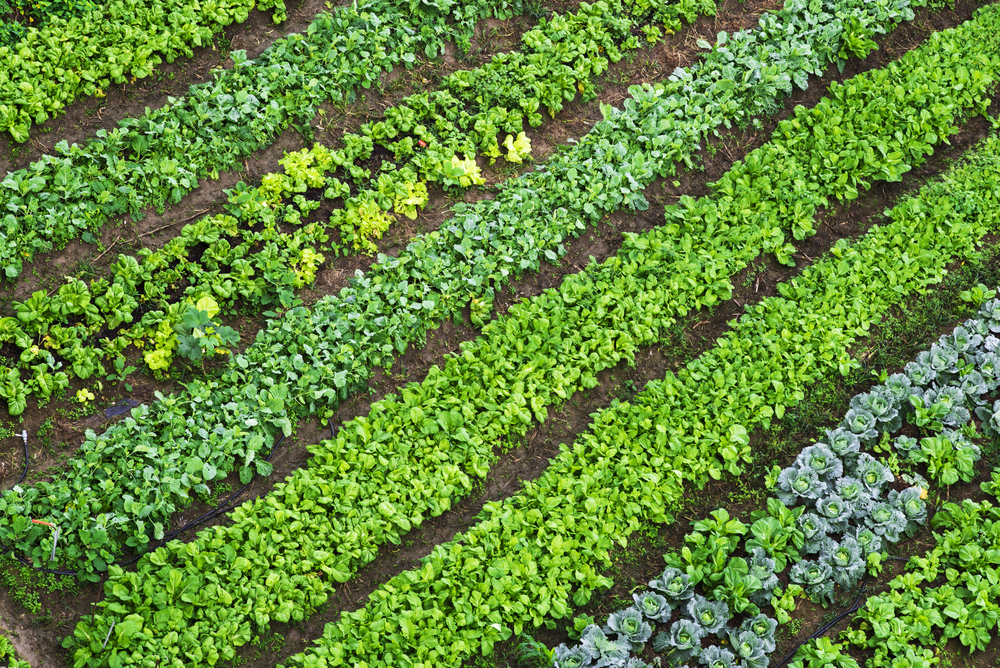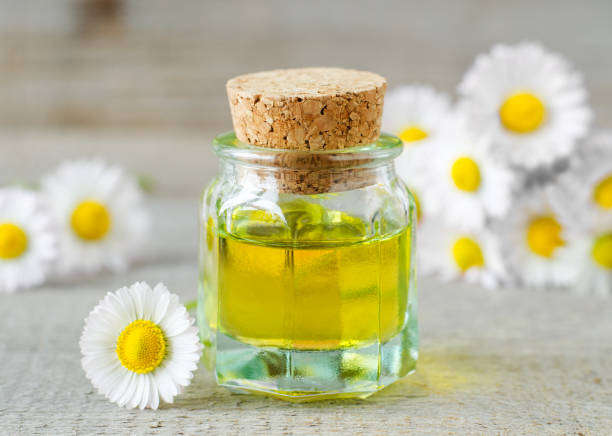Herbs have played a significant role in Egyptian agriculture, culture, and medicine for millennia. From the lush banks of the Nile to the vast expanses of the desert, the cultivation and use of herbs have been integral to Egyptian civilization. This essay explores the historical significance of herbs in Egyptian agriculture and medicine, tracing their journey from ancient times to the present.

Ancient Egypt: The Birthplace of Herbal Medicine
In ancient Egypt, herbs were more than just agricultural products; they were revered elements of the natural world with profound medicinal, religious, and culinary uses. Egyptian papyri, such as the Ebers Papyrus dating back to around 1550 BCE, provide extensive records of herbal remedies. This ancient medical document lists hundreds of herbal treatments for various ailments, showcasing the Egyptians’ advanced knowledge of plant-based medicine.
Herbs like garlic, coriander, fennel, and aloe were staples in Egyptian households. Garlic, for instance, was not only a dietary component but also a treatment for infections and respiratory issues. Coriander was used for its digestive benefits, while aloe was applied to soothe skin conditions. The Egyptians also used herbs in embalming practices, as they believed in the preservation of the body for the afterlife. Frankincense and myrrh, both derived from plant resins, were essential in mummification processes due to their antiseptic properties and aromatic qualities.
Middle Ages to Modern Times: The Evolution of Herbal Practices
The knowledge of herbs and their uses continued to evolve through the Middle Ages, as Arab scholars preserved and expanded upon ancient Egyptian texts. During the Islamic Golden Age, notable figures like Avicenna (Ibn Sina) wrote extensively on the medicinal properties of plants, influencing herb cultivation and usage across the region, including Egypt.
In medieval times, Egyptian herbal medicine saw the integration of new plants brought by traders along the Silk Road and other trade routes. Herbs like saffron, introduced from the East, became valuable commodities. The fusion of Egyptian, Greek, and Islamic medical knowledge enriched the practice of herbal medicine, leading to more sophisticated and diverse applications.
Contemporary Practices: Bridging Tradition and Modernity

Today, the legacy of ancient Egyptian herbal practices lives on in modern agriculture and medicine. Egypt remains a prominent producer and exporter of herbs such as chamomile, peppermint, and basil. These herbs are grown in fertile regions along the Nile and are exported worldwide for use in pharmaceuticals, cosmetics, and culinary products.
Modern Egyptian farmers often use techniques passed down through generations, combined with contemporary agricultural practices. The traditional knowledge of crop rotation, companion planting, and organic pest control is still relevant, ensuring sustainable farming methods. Additionally, advances in agricultural technology, such as drip irrigation and greenhouse farming, have increased the efficiency and yield of herb production.
Egyptian herbs continue to play a crucial role in the global market, with the country being one of the largest exporters of medicinal and aromatic plants. The demand for natural and organic products has further boosted the significance of herb agriculture in Egypt’s economy.
Conclusion: The Enduring Legacy of Herbs in Egyptian Agriculture
The history of herb agriculture in Egypt is a testament to the enduring relationship between the land, its people, and the plants they cultivate. From the ancient texts of the Ebers Papyrus to the thriving fields of chamomile and peppermint along the Nile, herbs have remained a vital part of Egypt’s cultural and agricultural heritage. The fusion of ancient wisdom with modern practices ensures that this legacy continues to thrive, contributing to both the local and global economy. As the world increasingly turns to natural and sustainable solutions, the historical perspective on Egyptian herbs offers valuable insights and inspiration for the future of agriculture and medicine.
